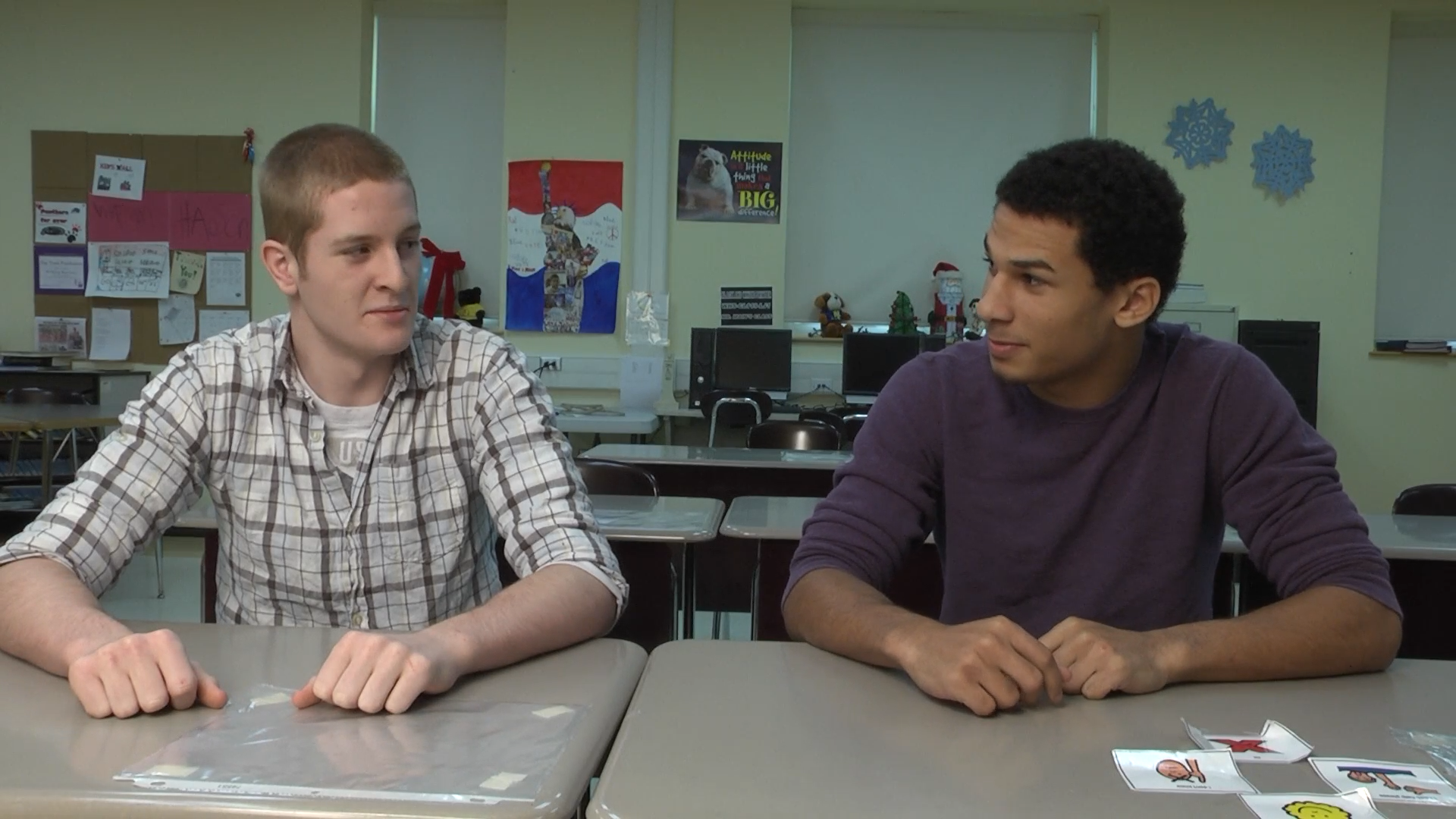
In this blog post, we will discuss the importance of small talk for students in special education settings and introduce a no-prep activity that educators can use to help their students develop this essential social skill. We will also provide discussion questions and related skills to further enhance students’ understanding of small talk and its role in building connections with others.
Introduction
Small talk is a critical component of social-emotional learning, as it helps individuals form connections with others by engaging in brief, casual conversations. It is essential for students in special education settings to develop the ability to participate in small talk, as it can improve their overall social interactions and help build a sense of belonging. In this post, we will explore an easy, no-prep activity that educators can use to teach their students the art of small talk.
No-Prep Activity
This no-prep activity, called “Conversation Starters,” requires no materials or preparation from the educator. To begin, have students sit in a circle or small groups, ensuring that they are comfortable and able to see and hear one another. The educator will then provide a conversation starter, such as “What’s your favorite food?” or “What did you do over the weekend?” Students will take turns responding to the conversation starter, and after each response, the student who answered should ask a follow-up question or make a related comment to engage in small talk with their peers.
For example:
- Student 1: “My favorite food is pizza.”
- Student 2: “Oh, I love pizza too! What’s your favorite topping?”
The activity continues until each student has had the opportunity to respond to the conversation starter and engage in small talk with their peers. Educators should monitor the activity, offering guidance and encouragement as needed.
Discussion Questions
After completing the “Conversation Starters” activity, consider discussing the following questions with your students to further their understanding of small talk:
- Why is small talk important in our daily interactions with others?
- How does engaging in small talk help us build connections with other people?
- What are some strategies you can use to keep a small talk conversation going?
- How do you feel when someone engages in small talk with you? How do you think others feel when you engage in small talk with them?
- Can you think of a situation where small talk might not be appropriate?
Related Skills
Small talk is just one of many essential social-emotional learning skills that students in special education settings should develop. Other related skills include:
- Active listening
- Empathy
- Nonverbal communication
- Conflict resolution
- Assertiveness
Next Steps
If you found this information and activity helpful, we encourage you to explore more social-emotional learning resources and sign up for free sample materials at Everyday Speech. By incorporating these skills and activities into your curriculum, you can help your students in special education settings develop the social-emotional competencies they need to form connections with others and thrive in their daily lives.

